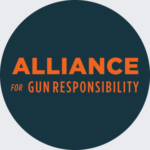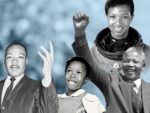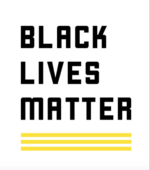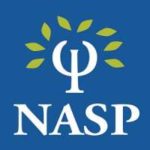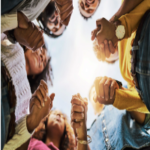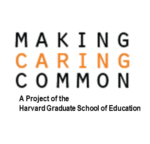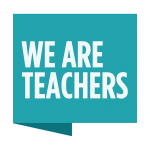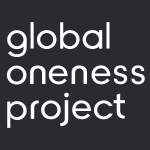Social Justice
The Alliance for Gun Responsibility works to end the gun violence crisis in our community and to promote a culture of gun ownership that balances rights with responsibilities. Through collaboration with experts, civic leaders, and citizens, we work to find evidence-based solutions to the crisis of gun violence in our community. We create innovative policy, advocate for changes in laws, and promote community education to reduce gun violence.
The Alliance for Gun Responsibility Foundation regularly gathers national and local subject matter experts together to share information and discuss the intersectionality of gun violence with a number of research and advocacy issues, including suicide prevention, domestic violence, hate crimes, trauma-informed care, stigma and discrimination. Each summit focuses on evidence-based best practices, next steps and coordination of prevention efforts.
We are proud to partner with hundreds of organizations across Washington who support commonsense gun violence prevention efforts in our state. The depth and breadth of our coalition membership shows the strong desire for change from voices in all corners of the state.
We also have a robust volunteer program with local leaders across the state. The chapter team model empowers volunteers to drive change in their communities by engaging in a wide range of grassroots activities, including organizing a phone bank, hosting a house party, visiting with a legislator and attending rallies and other events.
Bring the celebration of Black History Month into your classroom with these activities, lesson plans, book resources, and interactive histories. Choose from several activities surrounding African American icons, slavery, the Civil Rights Movement, schools and integration, music and arts, and more.
Black Lives Matter, a Black-centered political will and movement founded in 2013, offers toolkits, reports, social media graphics, and other free resources to learn more about the movement to fight injustices for African Americans.
In this article published by the National Association of School Psychologists, researchers discuss how trauma affects youth and how it affects their school functioning as well as how schools can use a trauma-informed approach.
Use this resource published by Edutopia as a guide to equity and antiracism in classrooms and programs.
Use these tools produced by National Geographic to help provocate thinking, spur dialogues, and guide conversations regarding race, diversity, inclusion, and justice.
Making Caring Common, a project of the Harvard Graduate School of Education, helps educators, parents, and communities raise children who are caring, responsible to their communities, and committed to justice.
The Understanding LGBTQ+ Identity: A Toolkit for Educators Collection offers a series of digital media resources to help administrators, guidance counselors, and educators understand and effectively address the complex and difficult issues faced by LGBTQ students. The collection features short segments of video content from WNET’s groundbreaking LGBTQ series First Person, a digital series that delivers candid personal narratives illustrating larger conversations about gender, sexuality, social norms, and identity development. The video content is scaffolded by a suite of materials (informational text, conversation guides, discussion questions, and teaching tips) to facilitate their use in professional development settings. When used in tandem, the videos and accompanying educational resources will help promote understanding, awareness, and self-esteem.
Here are 21 free resources for social justice lesson plans.
NCCJ provides resources that contain history, videos, statistics, articles and more. We all hope you find this information helpful and informative. NCCJ Resources can be used in clubs, classes, meetings, sharing with family or friends and just as an educational piece for your own learning.
The Global Oneness Project believe that stories play a powerful role in education. Founded in 2006, as an initiative of Kalliopeia Foundation, they are committed to the exploration of cultural, environmental, and social issues. They house a rich library of free multimedia stories comprised of our award-winning films, photo essays, and articles, accompanied by companion curriculum for teachers.
Everyone in the U.S. has certain rights guaranteed under the U.S. Constitution, regardless of your immigration status. You can’t always control whether you will come in contact with immigration or law enforcement. It is important to know and practice these scenarios so that you and your friends, family, and colleagues are prepared for any situation. Understanding what your fundamental rights are and how to use them will help you advocate for yourself and respond appropriately if you encounter the police or immigration enforcement.
